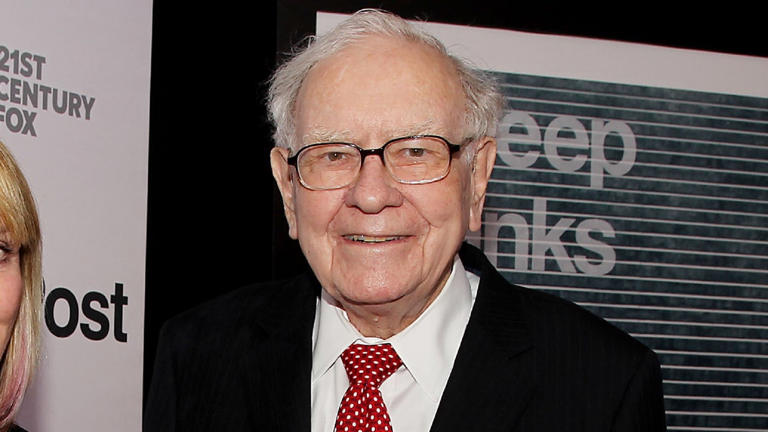Warren Buffett, the legendary investor and CEO of Berkshire Hathaway, is renowned for his long-term approach to investing and his unparalleled track record of success. While Buffett is widely known for his expertise in stock investments, there has been speculation about his stance on bonds and their role in his investment strategy. This article delves into Buffett’s investment philosophy, explores his views on bonds, and examines Berkshire Hathaway’s portfolio to shed light on the role of bonds in the context of Buffett’s broader investment strategy.
The Humble Beginnings of Warren Buffett: Before delving into Buffett’s investment philosophy, it is essential to understand the journey that led to his iconic status in the world of finance. Born in 1930 in Omaha, Nebraska, Buffett demonstrated an early aptitude for business and investing. His entrepreneurial endeavors began in childhood, and by the age of 11, he had purchased his first stock. Buffett’s keen intellect and knack for spotting lucrative investment opportunities laid the foundation for his future success.
Building Wealth Through Stock Investments: Buffett’s ascent to prominence in the investment world was fueled by his strategic investments in stocks of companies with strong fundamentals and enduring competitive advantages. Examples such as Coca-Cola, American Express, and GEICO Auto Insurance exemplify Buffett’s preference for businesses with robust brand recognition and reliable financial performance. Over the decades, Berkshire Hathaway’s portfolio has been predominantly composed of equity investments, reflecting Buffett’s conviction in the long-term potential of stocks to generate wealth.
Buffett’s Views on Bonds: Despite his reputation as a staunch advocate for stocks, Buffett’s stance on bonds has evolved over time. While stocks have historically offered greater potential for growth, Buffett acknowledges the importance of diversification and risk management in investment portfolios. Bonds, particularly short-term government bonds, provide a predictable income stream and serve as a hedge against market volatility. Although Buffett’s investment philosophy prioritizes equities, his willingness to allocate a portion of Berkshire Hathaway’s portfolio to bonds demonstrates a pragmatic approach to wealth preservation and capital allocation.
The Role of Bonds in Berkshire Hathaway’s Portfolio: In recent years, Berkshire Hathaway has demonstrated a shift towards incorporating bonds into its investment strategy. Buffett’s decision to invest billions of dollars in U.S. Treasury bills reflects a strategic pivot towards short-term fixed-income securities. Amidst fluctuations in interest rates and market uncertainty, Buffett’s embrace of bonds underscores his commitment to preserving capital and seizing opportunities in diverse asset classes. While stocks remain the cornerstone of Berkshire Hathaway’s investment portfolio, the inclusion of bonds adds a layer of stability and liquidity to the conglomerate’s holdings.
Warren Buffett’s investment philosophy embodies a blend of pragmatism, patience, and long-term vision. While stocks have been the primary engine of wealth creation for Berkshire Hathaway, Buffett’s willingness to adapt to changing market conditions highlights the importance of flexibility and diversification in investment strategy. Bonds, once considered a secondary asset class in Buffett’s portfolio, now play a significant role in mitigating risk and optimizing capital allocation. As Buffett continues to navigate the complexities of the financial landscape, his strategic approach to incorporating bonds serves as a valuable lesson for investors seeking to emulate his success.
